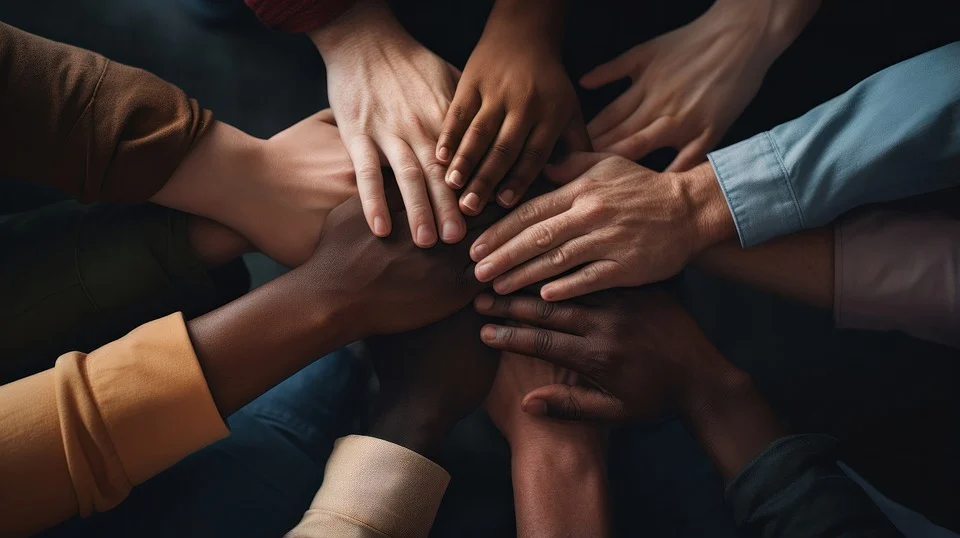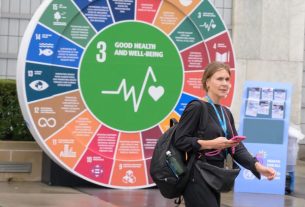Democratic presidential nominee Kamala Harris recently articulated a sentiment that resonates with many Americans: the United States has been “consumed by division, chaos, and mutual distrust.” This statement captures a growing frustration among citizens who recognize the urgent need to confront the critical issues facing the nation, moving beyond the limitations of partisan politics and toward a more unified approach.
The Challenge of Division
For years, political polarization has permeated American society, creating an environment where collaboration is often overshadowed by animosity. Issues that should be addressed collectively—such as healthcare, education, climate change, and economic inequality—have become battlegrounds for partisan conflict. This division not only hampers effective governance but also erodes public trust in institutions and each other.
- Societal Impact: The ramifications of this division extend beyond politics; they affect everyday life. Communities are fractured, families are torn apart by differing political views, and social cohesion is weakened. This environment of chaos breeds anxiety and frustration, undermining the very fabric of American democracy.
- Economic Consequences: The inability to work together on critical issues also has economic implications. Businesses face uncertainty due to fluctuating policies, and innovation can be stifled when collaboration is sidelined by partisanship. A divided nation is less likely to tackle the significant challenges that could drive growth and prosperity.
A Path Toward Unity
Harris’s call for rising above pettiness and distrust resonates with a desire for a renewed commitment to the ideals upon which the nation was founded. To address the pressing challenges facing the U.S., it is essential to foster unity and collaboration:
- Cross-Party Collaboration: Encouraging dialogue and collaboration across party lines is crucial. Leaders from both parties must recognize that compromise does not equate to weakness; rather, it is a necessary step toward effective governance. Initiatives that promote bipartisanship can help rebuild trust and create solutions that benefit all citizens.
- Community Engagement: Grassroots movements play a vital role in bridging divides. Local organizations can facilitate conversations among community members, fostering understanding and empathy. When individuals engage with their neighbors, they are more likely to find common ground, regardless of political affiliation.
- Focus on Common Goals: Identifying shared values and goals can unite people across ideological divides. Issues like access to quality education, affordable healthcare, and environmental sustainability are critical to all Americans, regardless of their political beliefs. Emphasizing these commonalities can help shift the narrative away from division.
- Empowering Citizens: Citizens must also take an active role in promoting unity. By participating in local governance, attending town hall meetings, and voicing their concerns constructively, individuals can influence positive change and encourage a culture of cooperation.
Conclusion
Kamala Harris’s acknowledgment of the division, chaos, and mutual distrust in America serves as a powerful reminder of the challenges we face. It is time for the nation to rise up, confront these critical issues, and move beyond partisan politics. By fostering unity and collaboration, Americans can work together to uphold the values of democracy, equality, and justice that define the nation. Embracing a spirit of cooperation will not only strengthen communities but also pave the way for a brighter, more inclusive future for all.


